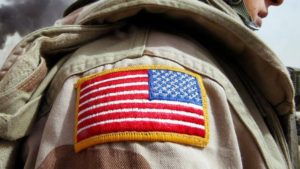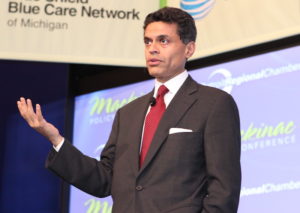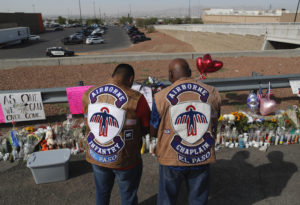Did the Army Give Poor Missourians Cancer?
At the height of the Cold War, the United States government may have exposed thousands of predominantly black Missourians to carcinogens as part of a test of a secret biological weapons program.
At the height of the Cold War, the United States government may have exposed thousands of predominantly black Missourians to carcinogens as part of a test of a secret biological weapons program.
In the mid-1950s and ’60s, the U.S. Army placed motorized blowers atop a low-income housing high-rise in St. Louis to spread zinc cadmium sulfide through the air. Numerous residents have since been diagnosed with cancer, with many succumbing to the disease at relatively young ages.
“I’m wondering if it got into our system,” said Doris Spates, now 57 and retired. Spates lost four siblings to the disease. “When I heard about the testing, I thought, ‘Oh my God. If they did that, there’s no telling what else they’re hiding.’ “
An investigation ordered by Congress and conducted in the ’90s determined that the testing did not expose residents to harmful amounts of the chemical. But the committee that directed the inquiry said the research that supported that conclusion was sparse and based on limited data from animal testing.
— Posted by Alexander Reed Kelly.
Your support matters…The Associated Press via Yahoo News:
Local officials were told at the time that the government was testing a smoke screen that could shield St. Louis from aerial observation in case the Russians attacked.
But in 1994, the government said the tests were part of a biological weapons program and St. Louis was chosen because it bore some resemblance to Russian cities that the U.S. might attack. The material being sprayed was zinc cadmium sulfide, a fine fluorescent powder.
Now, new research is raising greater concern about the implications of those tests. St. Louis Community College-Meramec sociology professor Lisa Martino-Taylor’s research has raised the possibility that the Army performed radiation testing by mixing radioactive particles with the zinc cadmium sulfide, though she concedes there is no direct proof.
Independent journalism is under threat and overshadowed by heavily funded mainstream media.
You can help level the playing field. Become a member.
Your tax-deductible contribution keeps us digging beneath the headlines to give you thought-provoking, investigative reporting and analysis that unearths what's really happening- without compromise.
Give today to support our courageous, independent journalists.






You need to be a supporter to comment.
There are currently no responses to this article.
Be the first to respond.